T4K3.news
Scholars oppose ban on Palestine Action
Fifty-two scholars call the ban an attack on free expression and civil rights.

A group of 52 scholars voices strong opposition to a recent ban on Palestine Action.
Palestine Action ban threatens free expression
More than 50 scholars, including notable figures like Judith Butler and Naomi Klein, have condemned the recent government ban on the pro-Palestine advocacy group, Palestine Action. In an open letter, they argue that such restrictions undermine fundamental rights to free expression and assembly. They emphasize the growing fear that this ban could negatively impact academic institutions across the UK. The scholars also express solidarity with those resisting the ban, noting that calls for charges against protestors should be dropped. The letter represents a significant stance against perceived governmental overreach in matters of political expression, particularly related to Palestine.
Key Takeaways
"This ban represents an attack on fundamental freedoms of expression."
The scholars highlight the broader implications of the ban beyond Palestine Action.
"We express our full solidarity with those mobilising on their campuses."
The letter emphasizes unity among various activist groups against the proscription.
"The UK government must remember its obligation to prevent and punish genocide."
This quote underlines the scholars' call for active engagement against injustice.
"We commend the courageous stand taken by Defend Our Juries."
The mention of activist groups showcases a collective pushback against the ban.
The letter from these scholars highlights a rising tension between government policy and academic freedom. This situation reflects broader concerns about civil liberties in the UK, as the ban on Palestine Action may set a precedent for limiting advocacy related to contentious political issues. By rallying against this proscription, these scholars not only defend Palestine Action but also solidify their stand for the freedom to protest and engage in political discourse without fear of retribution. The growing movement against the ban symbolizes a shift in public sentiment, where solidarity movements are gaining traction within scholarly and activist circles alike.
Highlights
- The ban is a direct attack on our freedoms.
- We must protect our right to protest and advocate.
- Solidarity is crucial in the fight against oppression.
- This is about far more than Palestine; it's about justice.
Political ramifications of the Palestine Action ban
The ban on Palestine Action raises significant concerns about governmental overreach into political expression, potentially impacting numerous advocacy and academic movements.
As public protests continue, the dialogue around civil liberties in activism gains urgency.
Enjoyed this? Let your friends know!
Related News
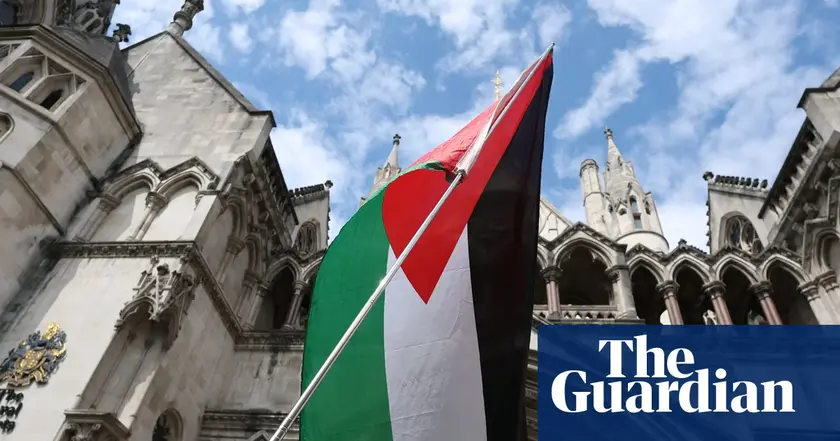
Scholars urge UK government to lift Palestine Action ban

UK government bans Palestine Action amid rising support
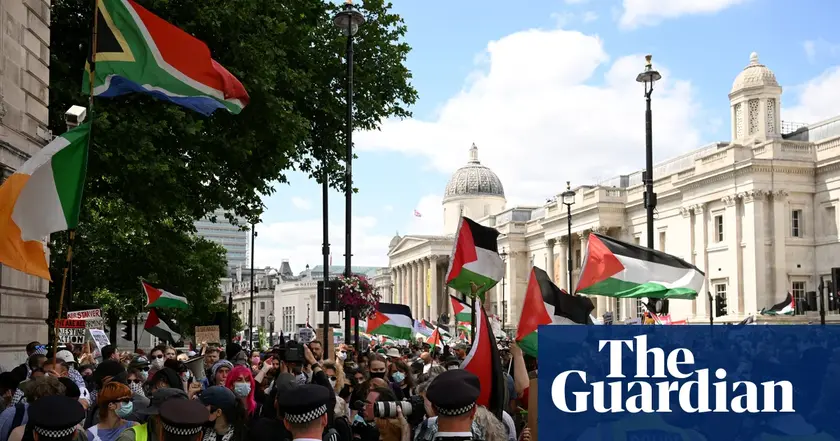
Protest rights under new UK terrorism designation
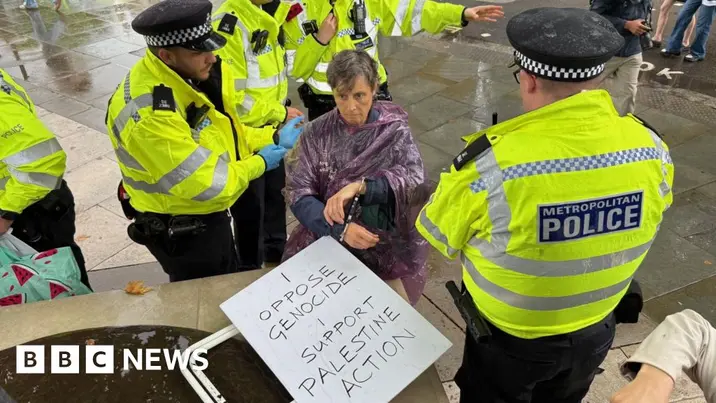
Dozens arrested at pro-Palestine protests in the UK

Increased Global Pressure on Israel Due to Gaza Actions

Protests against Palestine Action ban lead to multiple arrests
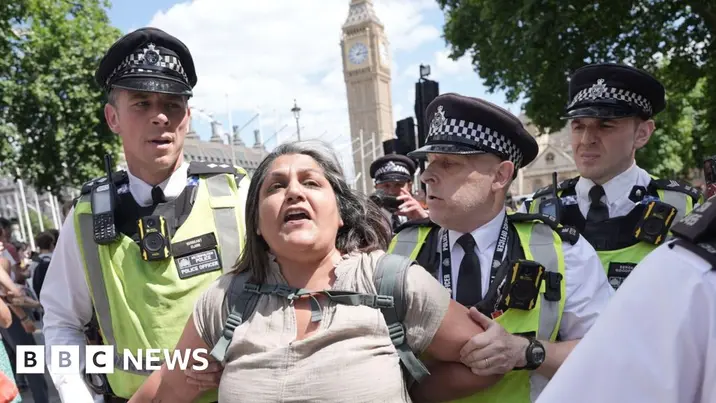
London protest on Palestine Action ends with dozens arrested
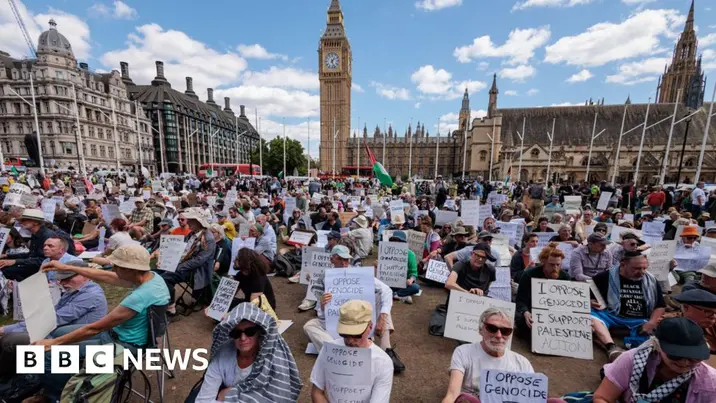
London protest arrests rise to 532
